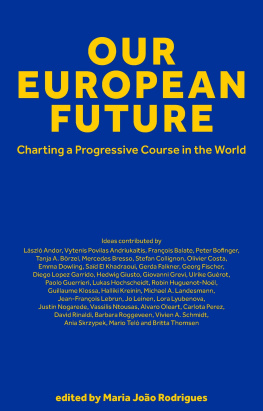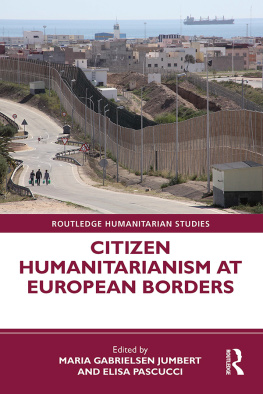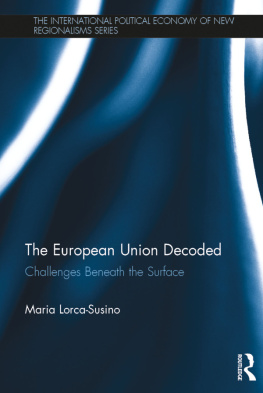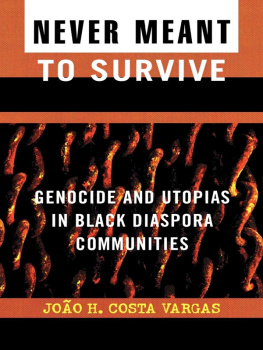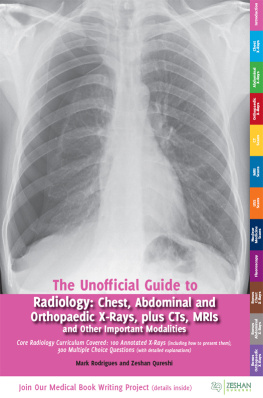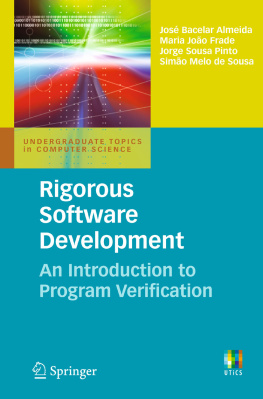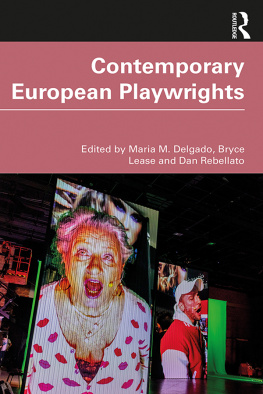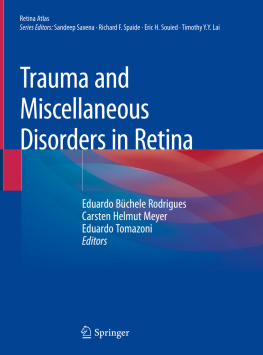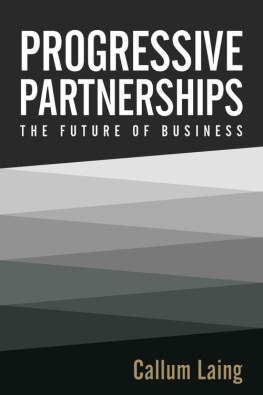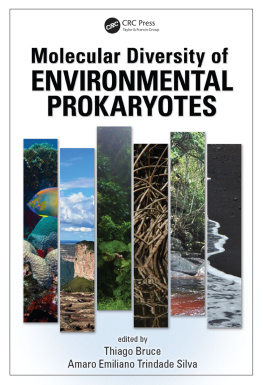The Foundation for European Progressive Studies (FEPS) is the think tank of the progressive political family at EU level. Our mission is to develop innovative research, policy advice, training and debates to inspire and inform progressive politics and policies across Europe. We operate as hub for thinking to facilitate the emergence of progressive answers to the challenges that Europe faces today.
FEPS works in close partnership with its members and partners, forging connections and boosting coherence among stakeholders from the world of politics, academia and civil society at local, regional, national, European and global levels.
Today FEPS benefits from a solid network of 68 member organisations. Among these, 43 are full members, 20 have observer status and 5 are ex-officio members. In addition to this network of organisations that are active in the promotion of progressive values, FEPS also has an extensive network of partners, including renowned universities, scholars, policymakers and activists.
Our ambition is to undertake intellectual reflection for the benefit of the progressive movement, and to promote the founding principles of the EU freedom, equality, solidarity, democracy, respect of human rights, fundamental freedoms and human dignity, and respect of the rule of law.
Copyright 2021 by Foundation for European Progressive Studies
Published by London Publishing Partnership
www.londonpublishingpartnership.co.uk
Published in association with the
Foundation for European Progressive Studies
www.feps-europe.eu
European Political Foundation N 4 BE 896.230.213
Published with the financial support of the
European Parliament. The views expressed in this
report are solely those of the authors and do not
necessarily reflect the views of the European Parliament.
All rights reserved
ISBN: 978-1-913019-32-7 (pbk)
ISBN: 978-1-913019-33-4 (ePDF)
ISBN: 978-1-913019-34-1 (ePUB)
A catalogue record for this book is available
from the British Library
Typeset in Adobe Garamond Pro by
T&T Productions Ltd, London
www.tandtproductions.com
Introduction
By Maria Joo Rodrigues
A civilizations future depends on the internal forces it has to recreate itself. We are referring here to human civilization, but the same can be said about the rich set of components that are part of it, including the European one.
Right now, humankind is struggling against global existential challenges: pandemics, irreversible climate change, scarce resources in the face of ongoing demographic expansion, and deepening inequalities between countries and between people. There are different ways to respond to todays challenges: paralysis, competition, cooperation or coordination for upward convergence.
The European Union can play a key role in influencing which road is taken, but it must start with itself. It must assert itself as a full-fledged political entity, with economic, social and cultural dimensions, and it must take internal and external actions that are decided democratically by its citizens.
That is why a Conference on the Future of Europe is so necessary at this particular historical juncture. This book comes out of a larger intellectual and societal movement in Europe that is willing to make a contribution to a conference that should meet its historical responsibility.
A Vision for Our European Future
Our vision of how to live on this planet will doubtless be deeply transformed by our current collective experience of the Covid-19 pandemic and by the looming climate disaster. Now is therefore the right time to develop a common vision together.
The first step in this process is to change the relationship between humankind and nature. We are part of nature, and we therefore need to respect it by looking after its resources and biodiversity. This aspiration comes at a time of technological developments that will enable new ways of producing, consuming, moving around and living. Now is the time to create and disseminate a new generation of products and services that are not only low carbon and zero waste, but also smarter, because they are built on artificial intelligence. Our houses, schools, shops, hospitals, meeting places, cities and our way of life can all be completely transformed.
New economic activities and jobs will emerge while others will decline. An immense transformation of the structure of employment is already underway, and it has been accelerated by the various Covid-related lockdowns. Although there are jobs for which the main tasks can be replaced by automation and artificial intelligence, there are also new jobs dealing with climate action, environmental repair, human relationships and creativity of all sorts, and these roles can be multiplied. We need to support this transformation through massive lifelong learning programmes, as well as by using social protection to cover the various social risks.
All of this requires us to build a welfare system fit for the twenty-first century, based on the assumption that we will all end up combining a range of different activities paid work, family care, community service, education and personal creativity throughout a life cycle. And, of course, we also need to find new ways of financing this welfare system, by tapping into new sources of added value and by updating our tax structures.
These new aspirations will be claimed by many citizens, from all generations and from all countries, and this will inevitably create a push for deep policy shifts.
In the meantime, the current gap between global challenges and global governance is becoming more and more evident, and it requires an ambitious renewal of the current multilateral system.
This renewal is needed initially to cope with the current Covid-19 pandemic and the resulting social and economic crises that are unfolding. Indeed, we need to have large-scale vaccination for universal access, and we need more powerful financial tools to counter the recession and to turn stimulus packages into large transformations of our economies in line with the green and digital transitions that are underway and with the need to tackle increasing social inequalities.
Our response to the Covid crisis should not delay our urgent action on climate change, however, otherwise the damage caused to the environment will become largely irreversible, with implications across the board.
Additionally, our digital transition is in a critical phase, where the diffusion of artificial intelligence to all sectors risks being controlled by a small set of big digital platforms. But there is an alternative: we can agree on a common set of global rules to ensure that we have different choices, and to ensure that we improve fundamental standards regarding the respect of privacy, decent labour conditions and access to public services. These global rules would also bring in new tax revenue to finance public goods.
It is crucial that we have a strong multilateral framework to underpin the green and digital transitions, so that we can better implement the sustainable development goals and reduce social inequality within and between countries.


